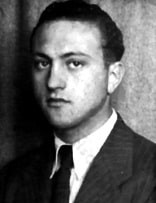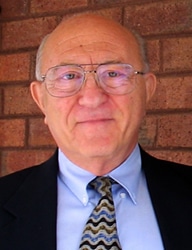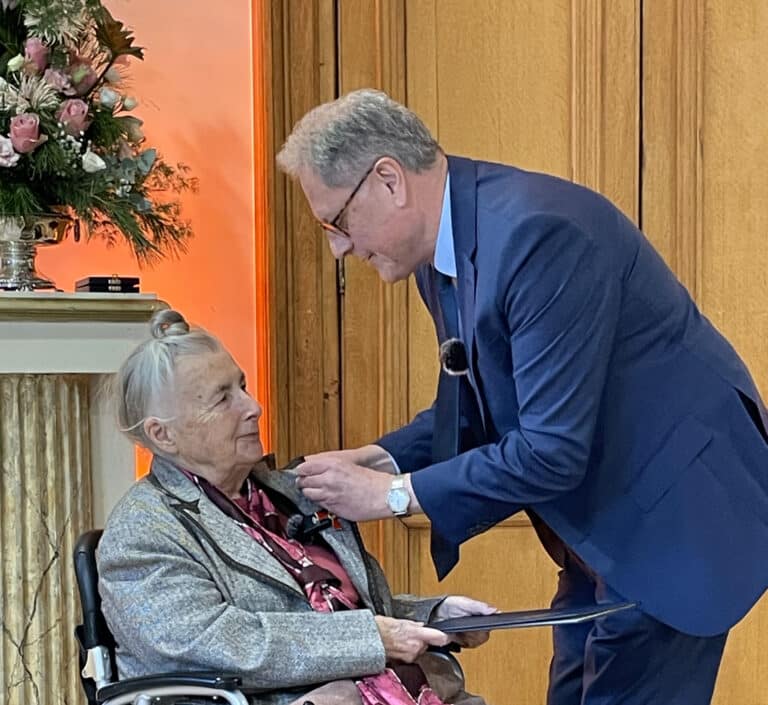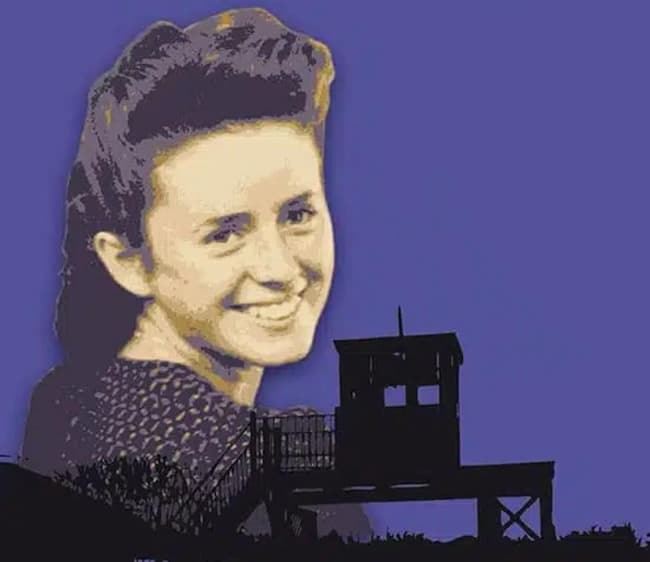QUESTION :
HOW DID GOING THROUGH THE HOLOCAUST CHANGE YOUR VIEWS ON LIFE, AND HAS IT AFFECTED YOUR LIFE NOW? DO YOU BELIEVE YOU WOULD BE DIFFERENT IF THIS EVENT HAD NOT HAPPENED?

I was 11 years old when the Nazis occupied Poland, where I was born. At the age of 14, I was committed to the first of six concentration camps because I was Jewish and I was held for 3-1/2 years. It was a devastating experience and had an especially bad effect on me because of my age at the time. I am still very affected by what happened to me and am traumatized permanently.
Many survivors of the Holocaust in my age group (I am 81 years old now) are increasingly depressed and hopeless, totally lost as to why God would permit such suffering of innocent people, including so many children. In fact, many older survivors are committing suicide to escape their suffering. I have, however, a very positive hope for a perfect future based on the promises in the Bible. Let me explain:
As a young Jewish boy in Poland I was quite religious and had a strong, but childish belief in God. My experiences during the Holocaust, however, resulted in a total loss of faith because my prayers had no effect. Nothing changed or improved by prayer. So I gave up on God. If I was going to survive, I had to cope on my own rather than depend on God’s help.
But while I was in camp #5 (Melk, Austria) I encountered Jehovah’s Witnesses, who were imprisoned there for their faithfulness to Jehovah, whom I believed was the name of the Jewish God. But they were not Jews. They were German Gentiles. They were imprisoned because they wouldn’t fight for Hitler and because of their love of neighbor they would not kill. Even in the camp they loved and supported each other. Anyone they could, they would assist in any way.
Nothing, even threat of death, could make them compromise their beliefs and principles. The most amazing evidence was they could sign the Declaration, available only to Jehovah’s Witnesses in the camps, which stated if they would give up their faith and pledge loyalty to the Nazis, they would be released in 24 hours. They refused to compromise and sign. None of us could understand such sacrificial action. We would have signed anything, without any hesitation, just to be set free. While we did not understand their motives or their beliefs, almost everybody in the camp admired and respected them, including even the Nazi authorities.
We looked up to them, not just because they were so determined and courageous in the face of death, but we thought that just in case we succeeded in surviving there would still be some people left in the world who showed love, a conscience, and humanity. After being in the camps for such a long time, we felt that no trustworthy people were left and it would be so very difficult to cope, even when free.
After I emigrated to the United States I never encountered Jehovah’s Witnesses, even though they always stayed in my mind as the only positive memory of the war. I thought they were some isolated German group. Then after eight years in the United States, some Jehovah’s Witnesses knocked at my door. Even though I had absolutely no desire to be involved with God or religion again, I questioned them to find out why Jehovah’s Witnesses were so unique, so different in the camps. They answered all my difficult questions from the Bible and eventually I was thoroughly convinced to join them. As a result, even though I suffer now because of the losses and problems of the Holocaust, my hope for the future is solid. In this respect I have an entirely different outlook on life and its meaning than the other survivors who have nothing left to look forward to.
My life is now happy in spite of my past, all because of my chance encounter with Jehovah’s Witnesses under such terrifying circumstances.



